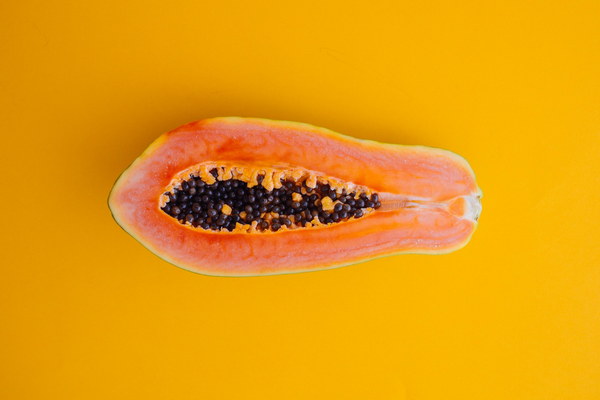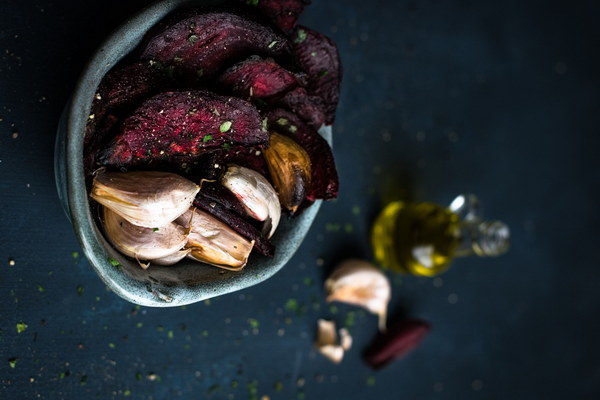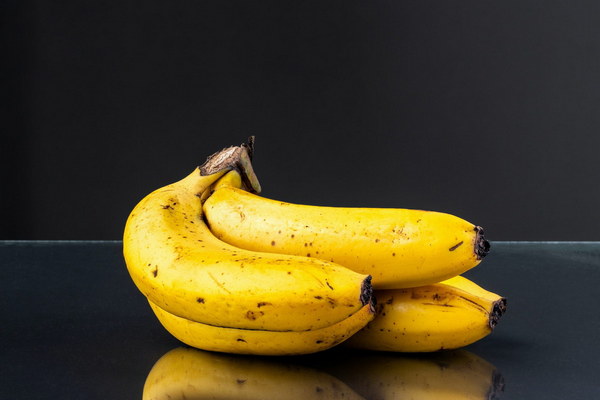Does Ejaculate Enhancement Can Tonifying Wine with Chinese Herbs Really Boost Sperm Production
In the realm of traditional Chinese medicine (TCM), the use of tonifying herbs and substances is a common practice to enhance overall health and vitality. One such method that has gained attention is the preparation of tonifying wine, which involves infusing herbs known for their rejuvenating properties into alcohol. A popular question that often arises is whether this tonifying wine can truly boost sperm production. Let's delve into this topic to understand the potential benefits and scientific evidence behind this practice.
Understanding Tonifying Wine
Tonifying wine is a traditional Chinese preparation that involves steeping a variety of herbs in alcohol over an extended period. These herbs are believed to have medicinal properties that can strengthen the body, improve vitality, and address specific health concerns. The alcohol serves as a medium to extract the active compounds from the herbs, making them more bioavailable.
Herbs Commonly Used in Tonifying Wine
Several herbs are commonly included in tonifying wine, each with its own purported benefits. Some of the most well-known tonifying herbs include:
1. He Shou Wu (Polygonum multiflorum): Known for its rejuvenating effects, it is believed to tonify the kidneys and improve fertility.
2. Euryale ferox (Foxglove): Used for its potential to improve sexual function and increase sperm count.

3. Cuscuta chinensis (Chinese dodder): Often included for its supposed ability to tonify the kidneys and improve reproductive health.
4. Cordyceps sinensis: A well-known herb that may enhance energy and vitality, as well as potentially improve sperm quality.
Can Tonifying Wine Boost Sperm Production?
The question of whether tonifying wine can boost sperm production is a topic of interest for many. While there is limited scientific evidence to support the claims made by TCM practitioners, some studies suggest that certain herbs used in tonifying wine may have positive effects on male fertility.
A study published in the Journal of Ethnopharmacology found that He Shou Wu, one of the herbs commonly used in tonifying wine, had a positive effect on spermatogenesis in mice. The study suggested that the herb could potentially improve sperm count and motility. However, it is important to note that this study was conducted on animals, and human studies are needed to confirm these findings.
Another study, published in the Journal of Traditional Chinese Medicine, investigated the effects of a proprietary Chinese herbal formula on sperm quality. The study found that the formula, which included several herbs commonly found in tonifying wine, improved sperm motility and concentration in a group of male patients with infertility. Again, while promising, these findings need to be replicated in larger, well-designed human trials.
Considerations and Precautions
While there is some evidence to suggest that tonifying wine may have positive effects on sperm production, it is important to approach this topic with caution. Here are a few considerations:
1. Quality of Herbs: The quality and purity of the herbs used are crucial. Herbs that are grown organically or are sourced from reputable suppliers are more likely to be effective.
2. Personal Health: Individuals with pre-existing health conditions or those taking medication should consult with a healthcare professional before trying tonifying wine.
3. Scientific Evidence: More research is needed to fully understand the effects of tonifying wine on sperm production. Until then, it is important to rely on scientific evidence from well-designed studies.
Conclusion
While tonifying wine with Chinese herbs is a popular practice in traditional Chinese medicine, the evidence supporting its ability to boost sperm production is still limited. While some herbs may have potential benefits, more research is needed to establish their efficacy and safety for human use. As always, individuals considering the use of tonifying wine or any herbal remedies should consult with a healthcare professional to ensure that it is appropriate for their individual health needs.









